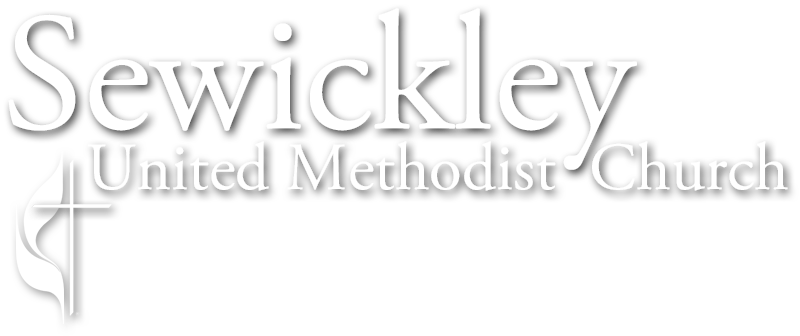It's that time of the year when followers of Jesus begin to examine important decisions about charitable giving. The following information is designed to help you make the most of your year-end gift. Keep in mind the following… The adjusted gross income (AGI) limit for cash contributions to qualifying public charities remains increased for individual donors. For cash contributions made in 2022, you can elect to deduct up to 100% of your AGI (formerly 60% prior to the CARES Act).
Cash Gifts
Gifts of cash are common and convenient and can be made in person, online, or by mail. Gifts of cash are generally made with currency, check, credit card, and even electronic funds transfers (EFT). For 2022, cash gifts must be completed by December 31. Remember to save all receipts and acknowledgements.
Non-cash Gifts
Non-cash gifts offer advantages too. Works of art, collectibles, and other property can hold great value. Special IRS rules apply to these gift types. For example, for a non-cash gift greater than S5,000, a donor needs to have an independent appraisal for tax purposes. Check with your advisor(s) for more information on arranging charitable gifts with non-cash assets.
Securities
Along with regular tax savings, you may be entitled to additional tax benefits when giving appreciated securities. Making gifts of highly appreciated securities allows you to avoid the capital gains tax that would be due if those assets were sold, offering tax savings even if using the standard deduction.
If you have owned the securities for more than one year, your gift is deductible and can be used to eliminate tax on up to 30% of your AGI in the year of the gift. Any unused deduction amount may be used to help reduce taxes in as many as five future tax years. If you are considering a gift of securities, allow enough time for your gift to be completed by December 31st.
Retirement Plans
You may not realize you have other assets that can be used to help you meet your charitable goals. Many individuals have funds in a qualified retirement plan such as an Individual Retirement Account (IRA), a 401(k), or a 403(b). These may be a good choice for making current or future gifts, depending on your age and future needs.
For Those Age 72* and Older
(* The change in the RMD age requirement from 70½ to 72 only applies to individuals who turn 70½ on or after January 1, 2020. Please speak with your tax advisor regarding the impact of this change on future RMDs.)
If you have an IRA, you can transfer up to $100,000 per year to qualified charitable interests; $200,000 per year for a couple that each has an IRA. These charitable IRA transfers are not taxed and count towards the annual Required Minimum Distribution (RMD). Those who qualify should carefully consider the additional benefits of making all or a portion of their charitable gifts directly from an IRA. These tax-free gifts are particularly wise for those who may no longer itemize deductions for income tax purposes.
Other Gifts
Other gifts can be made from assets that may no longer be needed. For example, Life Insurances Policies that were taken out years ago for a specific purpose but are no longer needed today. If you have a policy like this, you may assign all rights and benefits of the policy to the Church.
You can also arrange a future gift by naming a charitable recipient as a beneficiary of a retirement plan. You and your family can enjoy use of the assets and charitable beneficiaries can receive any remaining funds in the future, free of income tax on amounts they receive.
The end of the year is one of the most generous times of the year. Hopefully the information provided will assist you in meeting your giving goals.
The information provided is general planning information and not intended as legal, accounting, or other professional advice. The services of an appropriate advisor should be obtained to discuss tax and other financial implications.
Photo by Pictures of Money

